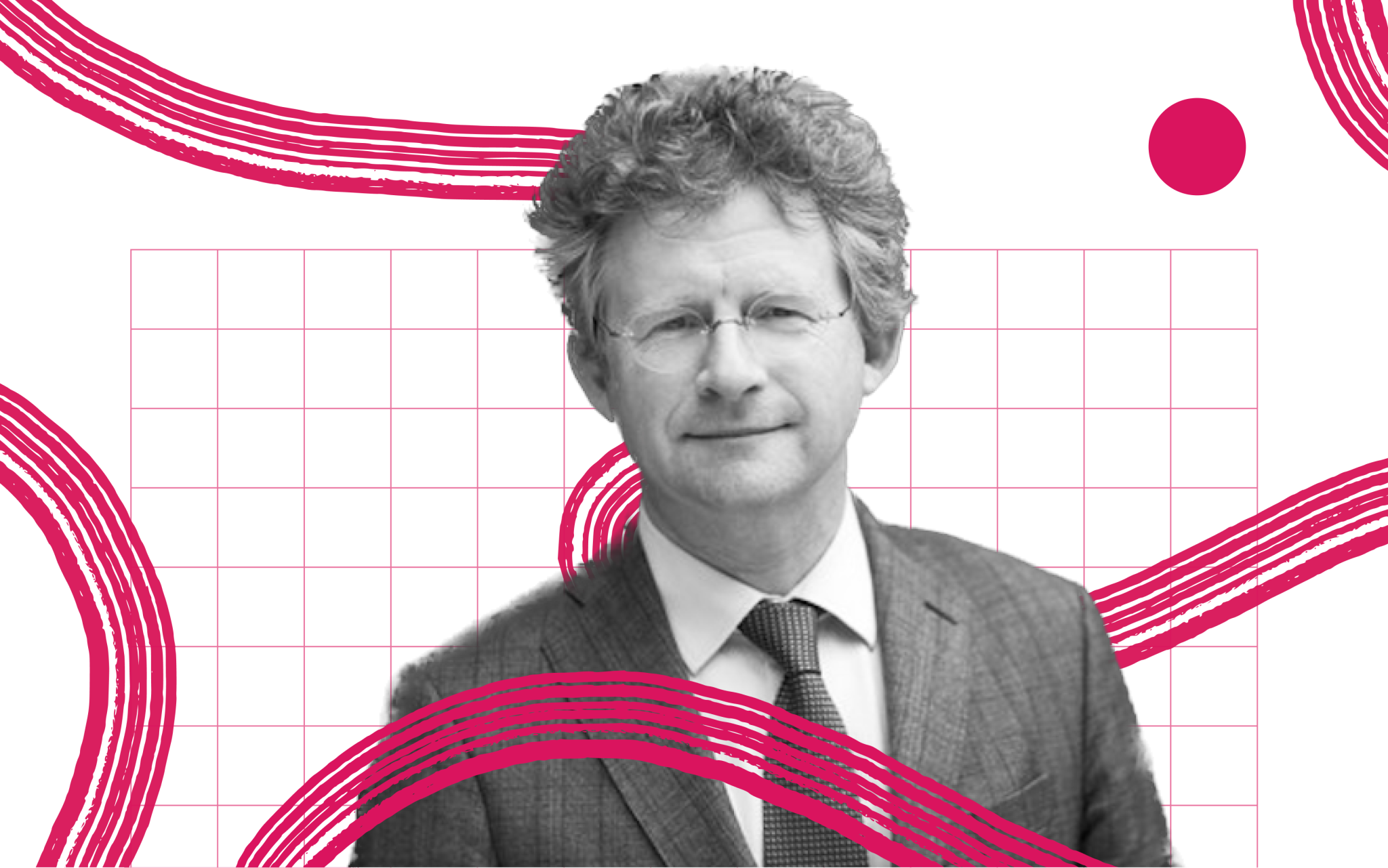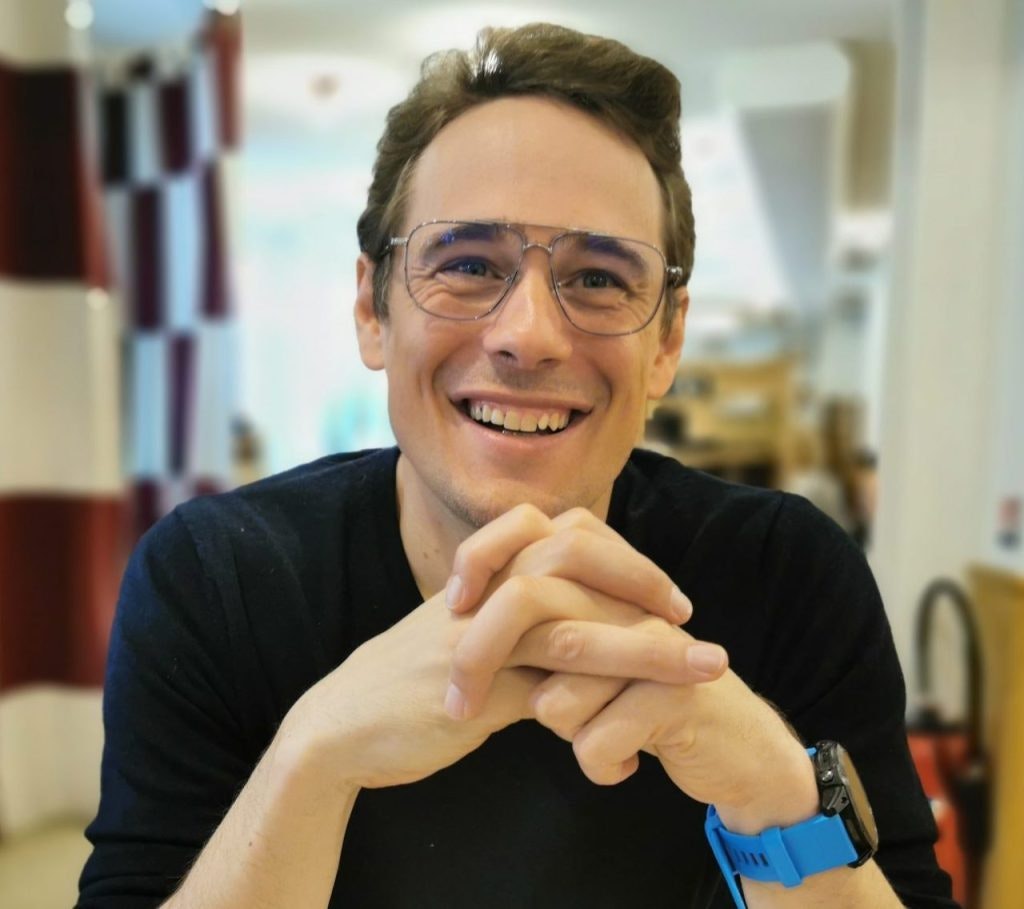Connect Ventures, the London-based seed VC which has backed the likes of Typeform, Citymapper, Kheiron Medical and Charlie HR, has raised its third fund of $80m.
It’s bringing onboard some top new limited partners (LPs) — including US-based investor Top Tier Capital Partner, and the UK’s British Patient Capital and Big Society Capital.
But it’s also losing one of its founding partners, Bill Earner, who is leaving the team in July. “Bill wanted to go in a different direction,” says Sitar Teli, managing partner at Connect.
The remaining venture partners — Teli, Pietro Bezza and Rory Stirling — will take over Earner’s board seats, and continue to hunt for ‘product-first’ startups across Europe at seed stage, following much the same strategy as the fund had when it first launched in 2012.
Teli shares what she’s learned since then.
Raising the fund
“We were pretty lucky — we had most of the fund raised by the end of last year,” says Teli, whose last trip abroad was to SuperVenture, the Berlin conference where VCs head to hobnob with LPs.
Connect set out with a target fund size of £50-55m, and was close to having £60m in commitments by March, when Covid-19 struck Europe. “No LPs dropped out,” adds Teli — although a few in the pipeline began dragging their feet.
“We realised that some of the people we were speaking to in March were not going to be making any decisions in the next six months,” she says — so the team decided to close the fund at £65m, rather than hang on any longer.
“We’re quite proud of [having] Top Tier — a new LP from the US,” says Teli. “It’s been in some European funds in the past, but we’re the first ‘new generation’ European fund it’s backed.”
British Patient Capital, the investment arm of the British Business Bank, is another new investor in the fund — filling the gap left by the European Investment Fund, which is no longer investing in UK funds. (EIF was an investor in Connect’s second fund.)
Raising your third fund is miles different from raising your first, says Teli. “For starters, you actually have a portfolio and a track record.”
“By fund three, you have to really show you’ve done it — executed on your strategy. For us, that’s finding the best product companies at seed stage across Europe — Typeform, Soldo, Curve, Kheiron Medical and Citymapper — in various sectors and countries.”
“When we started out, there were almost no seed funds in Europe. There was a lot of scepticism around the micro VC model in Europe. In the US, LPs were really excited about it — but here, LPs thought small funds wouldn’t be able to maintain [enough ownership] in companies.”
“Now the market has realised that micro VC is a fantastic area to invest in.”
That track record
Once VCs have a portfolio though, of course, they also have a few duds. “Most sophisticated LPs know that,” says Teli. “Any VC that doesn’t lose money ever isn’t taking enough risk.”
Rather than tallying up the number of dead, dying or coasting companies in a portfolio, LPs want to know what VCs have learned from those bets, says Teli. “Did we spend too much time or money on a company before we realised it wasn’t working? Is there a pattern?”
For Connect, there were two big learnings from fund one: “We underestimated the importance of market size,” says Teli. “And we realised the difference between ‘product-only’ and ‘product-first’.”
The best founders, she thinks, “apply a product-centric approach to the business — sales, marketing etc.” — not just the product itself. “A product-only founder just wants to build product all day.”
This — although Teli does not explicitly say so — is a lesson likely learned from Citymapper, a hugely popular transport app — and Connect’s second investment. Its founder, Azmat Yusuf, is a self-confessed product guy, and the business has struggled to find a business model that works for years. It is now reported to be looking for a buyer. Teli said she couldn’t comment on that, but did add this: “The mobility space is really big; there are companies with nothing to do with mobility now investing in mobility.”
Course correction
Portfolio companies don’t receive love from their VCs in equal measure. “Say you have a £100m fund with 25 companies; you shouldn’t put £4m into each company,” says Teli. “You need to figure out which are the ones doing well as fast as possible, and help the others course correct.”
‘Course correction’ needn’t be as brutal as it sounds, so long as your relationship with a founder is a good one, says Teli. “Founders often realise [when it’s not working] quite early — hopefully in time to pivot. Your time as a founder is worth much more than persisting for three to four years [with a business which isn’t going anywhere].”
“If you have open conversations all along, then that really helps. It makes it less confrontational, more conversational.”
The real winners in the Connect portfolio so far, she says, are looking to Spanish software company Typeform (“it burns very little money, and has double digit millions in revenue”), UK fintechs Soldo and Truelayer, and healthtech company Kheiron Medical.
“Almost all the others haven’t achieved what we thought they would,” Teli says, adding that “there are others we’re really excited about as well — but way more of the portfolio is not on track to hit £100m in revenue [than on track]. That’s just the state of seed stage investing”.
Making friends with failure
Despite the fact that failure comes with the territory, plenty of VCs still shy away from talking openly about ‘the ones that went wrong’.
Connect tags portfolio companies as ‘acquired’ or ‘retired’; many investors simply remove dead startups’ logos from their websites.
“When I moved to London in 2005, there was a serious stigma around failure from all parts of the ecosystem — investors, founders, people who worked at a company. Nobody wanted to admit to failure,” says Teli. “That led to some investing putting a lot of money into a company [that wasn’t working].”
“I think it’s deep-seated and cultural; not wanting to admit when you’ve tried to do something and didn’t achieve it. Perhaps it’s because my background is American but — you have to be willing to fail, otherwise you won’t be building very ambitious things.”
Connect doesn’t spy any failures on the horizon — for now. When Covid hit, the team spent weeks ‘triaging’ companies, figuring out which ones needed help most urgently. But the impact hasn’t been too extreme, says Teli. “Most companies could extend their runway.”
“One advantage of seed investing is that companies can cut costs down for a long time, and still produce value. Six to eight people can still produce a lot and go on for a long time, burning little money.”
Let’s see what they come out with.


